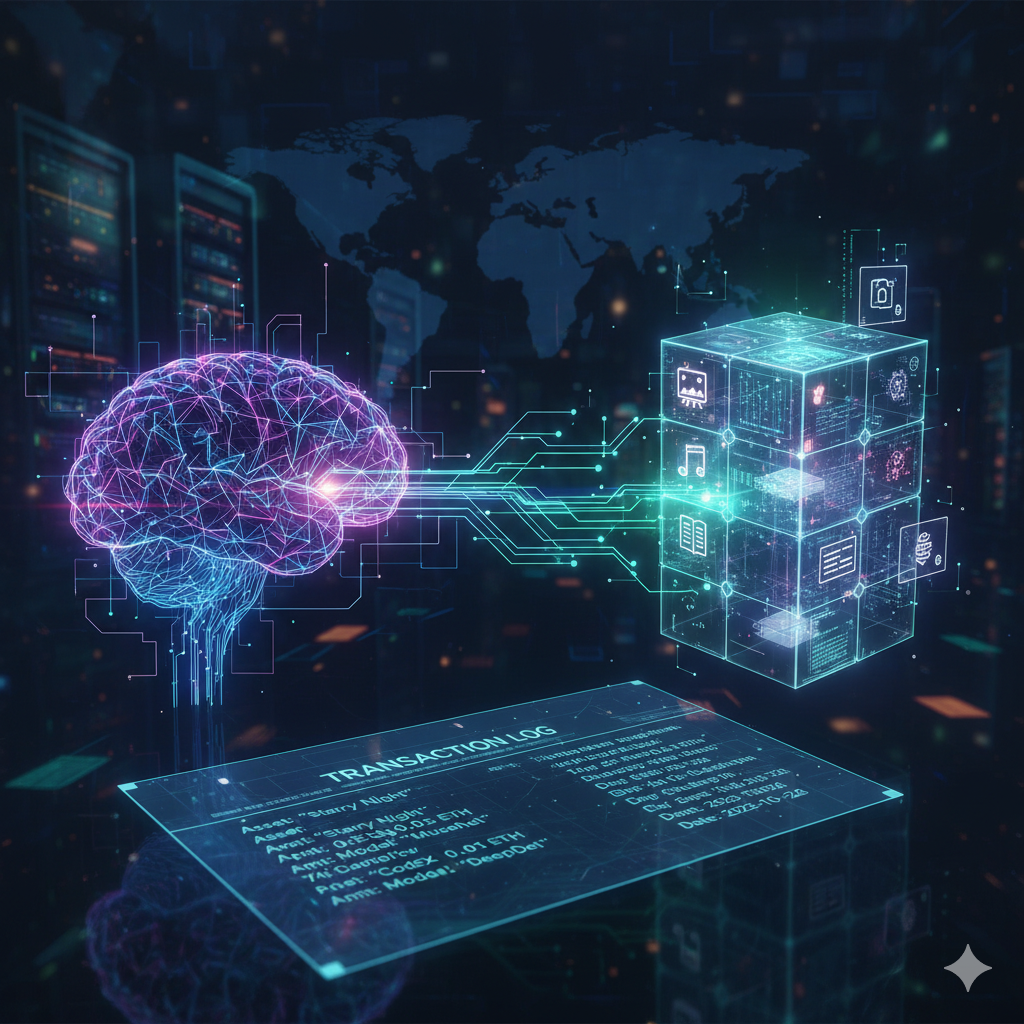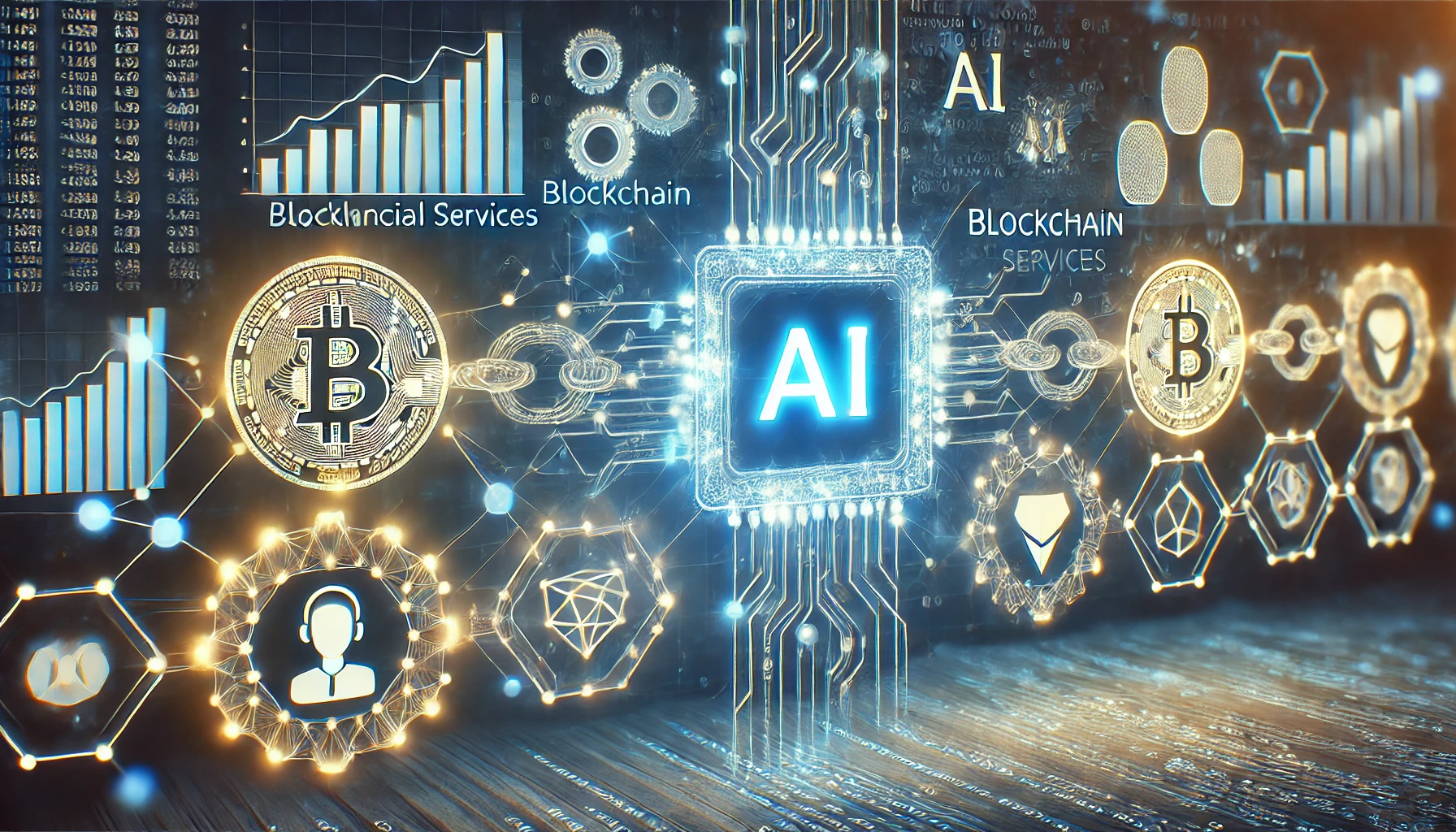As the AI revolution accelerates, a growing storm is brewing around one of its most fundamental building blocks — data. Generative AI companies, the powerhouses behind tools like large language models and image generators, are now facing mounting legal scrutiny over their use of copyrighted material. Lawsuits from artists, publishers, and tech giants alike are forcing the industry to confront a question it has long sidestepped: who owns the data that trains AI?
The Data Dilemma
Most generative AI systems are built on massive datasets scraped from the internet — books, code, artworks, and conversations collected at scale. While this has fueled breathtaking innovation, it has also blurred the line between inspiration and infringement. The legal implications are profound: can an AI trained on copyrighted works legally produce derivative outputs without permission or compensation? Courts around the world are beginning to say no.
The Rise of Blockchain Licensing
In response, a new movement is forming at the intersection of AI and blockchain technology. Developers and policymakers are exploring blockchain-based licensing systems where digital assets — from text to music — are tokenized and governed by smart contracts. These smart contracts could automatically record, price, and enforce usage rights every time an AI model accesses or reproduces a piece of intellectual property.
This system could transform data licensing into a transparent, programmable process. Instead of legal battles and opaque agreements, every use of a dataset could trigger an instant, verifiable payment to the rightful owner — all logged on a public ledger.
Smart Contracts as IP Guardians
Imagine an AI model that pays for its own training data. A blockchain-based license could define the exact terms: how many times an image can be used, under what conditions, and for what kind of outputs. Each interaction would be self-executing, immutable, and auditable. This approach could restore fairness to an ecosystem currently defined by asymmetry — where AI companies profit from data they didn’t create.
Challenges Ahead
Still, the road to blockchain-enabled AI ethics is far from clear. Integrating decentralized systems into global IP law requires international cooperation and technical interoperability that doesn’t yet exist. There’s also the risk of blockchain’s own inefficiencies — high transaction costs, privacy concerns, and scalability limitations.
Yet the potential is undeniable. As lawsuits mount and public pressure grows, AI companies may soon have no choice but to embrace transparent, programmable IP licensing. Blockchain, once dismissed as crypto hype, could become the infrastructure that saves the AI industry from its own data dilemma.




